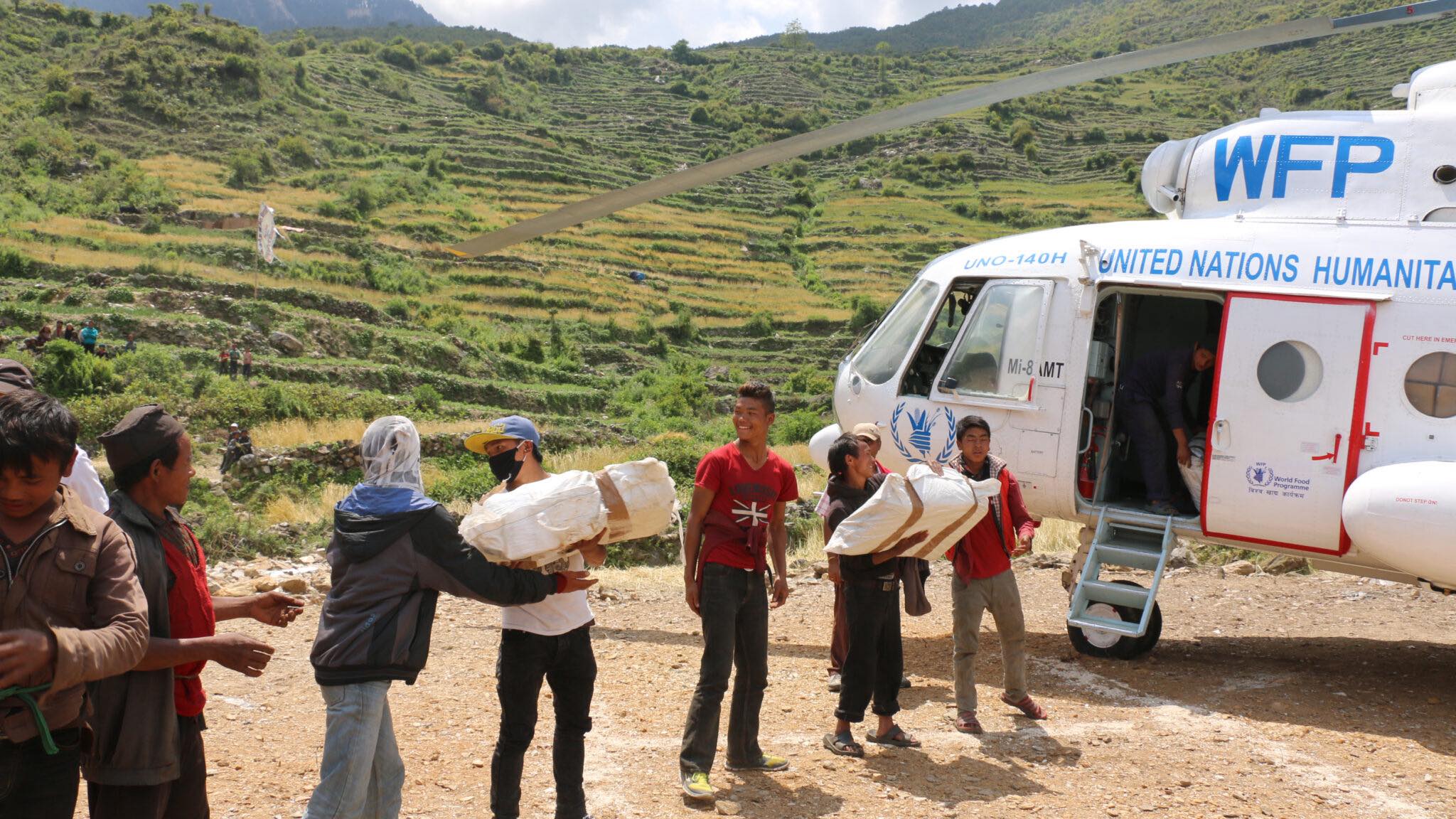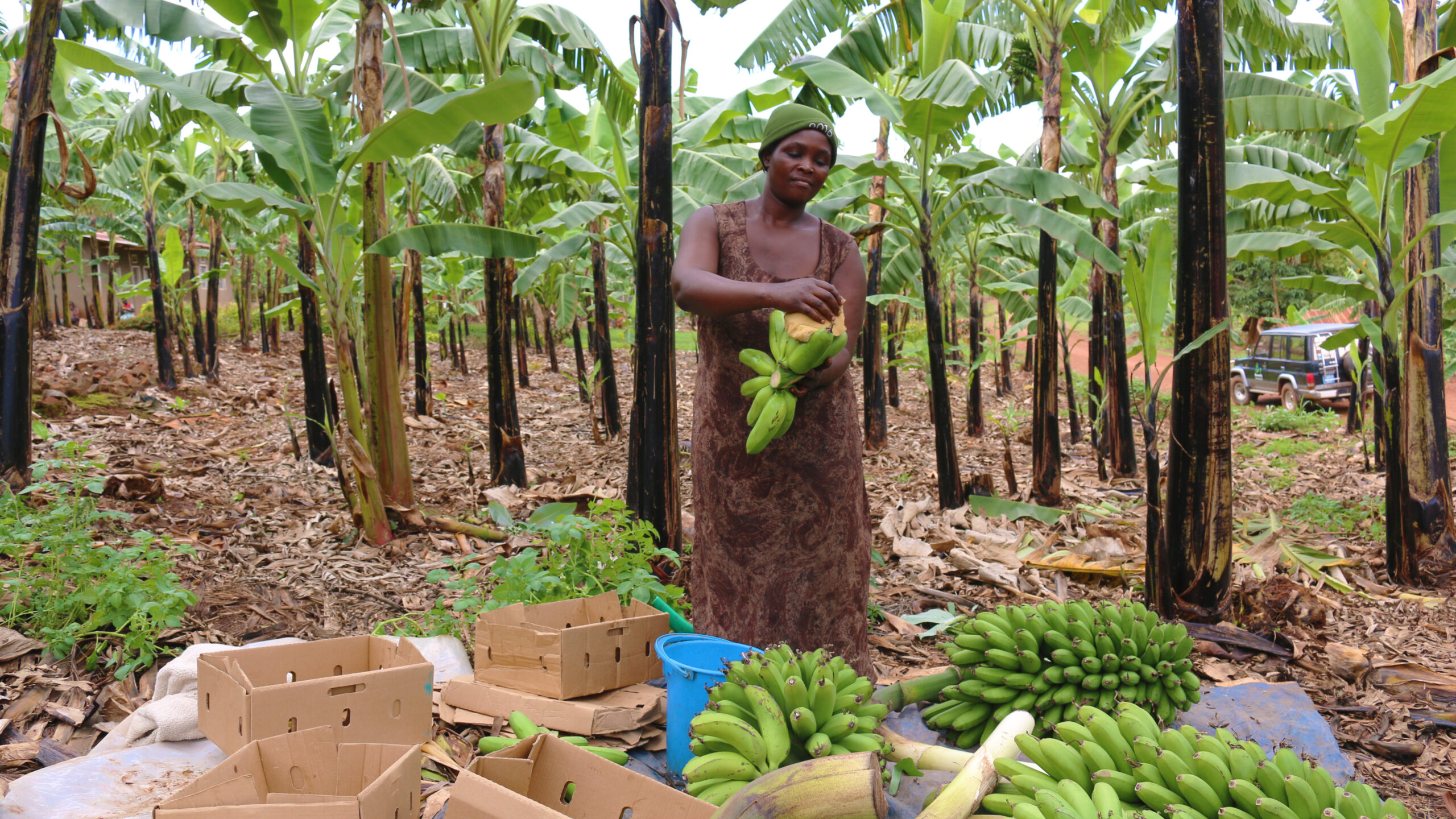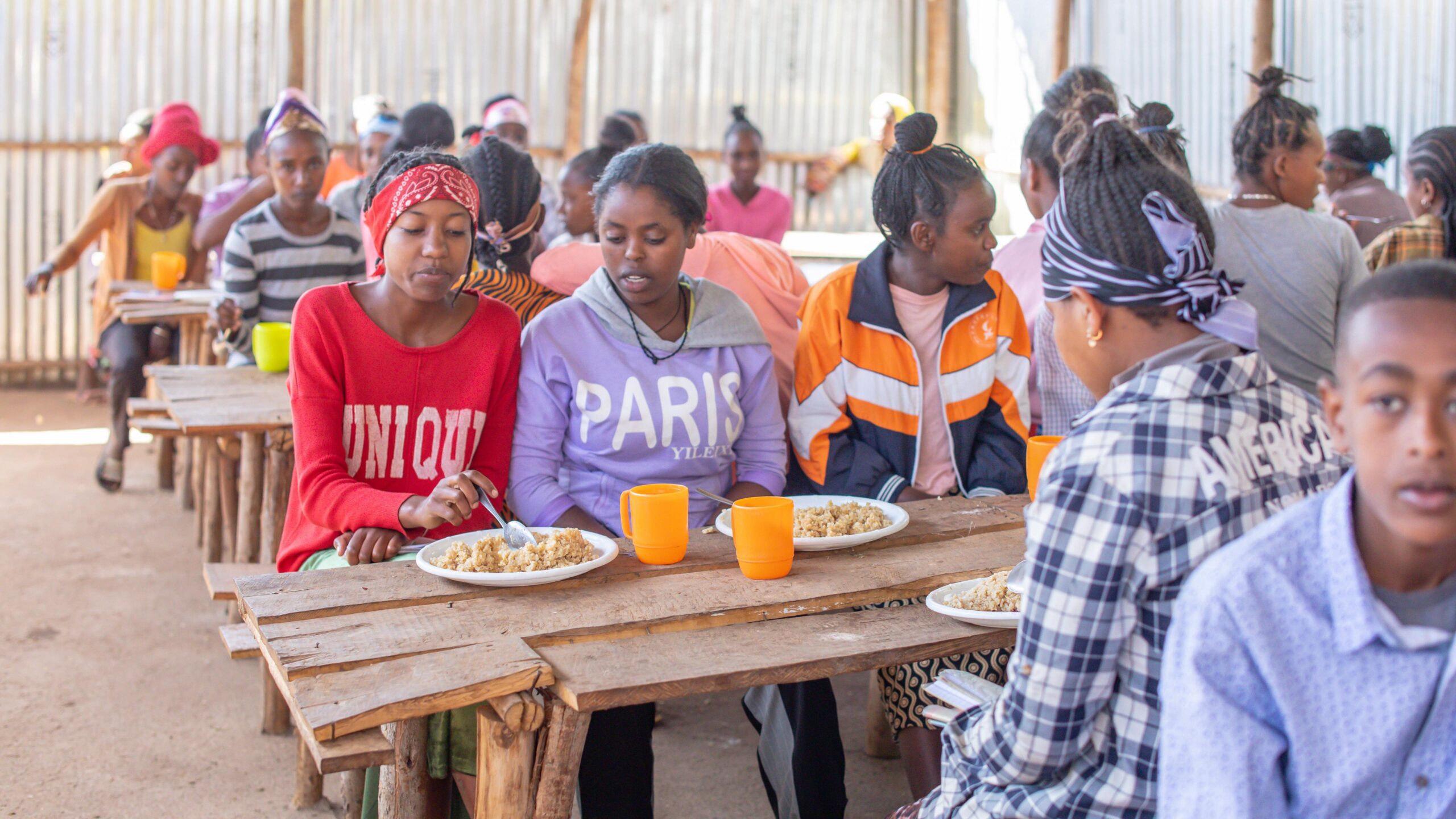Migration—the theme of this year’s World Food Day—has become a growing global concern in recent years. Hunger and conflict have driven a dramatic increase in the number of forcibly displaced people—from 40 million in 2011 to almost 66 million in 2016. While not all migration is forced (for example, many people voluntarily migrate in search of improved economic or education opportunities), any large migratory flow will have important implications for both the countries that people are leaving and those to which they are going.
Some of the impacts of migration can be beneficial and can drive development. For example, many migrants send remittances to family members in their home countries; these can help stabilize households’ incomes and may play a role in improving food security and health outcomes for non-migrant populations. In addition, studies have found that migrant children can experience higher dietary diversity and increased height-for-age and weight-for-age. Migrant communities can also provide important sources of human capital for their host countries and contribute to economic growth.
But in the case of forced migration, such benefits often do not materialize. Several recent studies have looked at the nexus of conflict, forced migration, poverty, and hunger. A new policy brief, authored by FAO Director-General José Graziano da Silva and IFPRI Director-General Shenggen Fan and published jointly by FAO and IFPRI, highlights the vicious cycle that often develops between food insecurity, income shocks, and conflict. Rural populations, for instance, tend to be hardest hit because many conflicts are fought in rural areas. Rural livelihoods and agricultural production are hurt and food distribution networks get disrupted, leading to strong adverse impacts on food security and nutrition. At the same time, food insecurity can itself trigger underlying tensions and result in increased risk of conflict.
Outmigration often continues even after a conflict ends. If poverty, food insecurity, or social inequalities persist after a period of conflict, affected populations will likely continue to leave in search of better opportunities to make a living.
The brief presents several policy recommendations to help prevent conflict and to address some of the underlying causes of forced migration:
- Build resilience to conflict and other shocks. Early warning systems and social protection programs should be strengthened to help policymakers and populations respond to and mitigate the impact of shocks like rising food prices, losses in agricultural livelihoods, and negative weather events like drought.
- Support local agricultural and food economies and markets. This will help rural populations recover after a conflict. Investments in agricultural and rural development play an important role in both preventing and recovering from conflicts. Ensuring that marginalized populations—including women, smallholder farmers, and minority groups—are equitably included in such investments, as well as in the distribution of natural resources, is key in reducing the tensions that often lead to conflict and forced migration.
- Let migrant populations work. Neighboring countries that become hosts to refugee populations also have an important role to play in reducing forced migration. Allowing migrants to work both reduces the economic burden on the host country and allows migrants to generate income that they can then bring back to their home countries when and if they return. This can help countries recover more quickly from conflicts.
Another recent study, jointly published by researchers at IFPRI and IISD, investigates how international migration is impacted by economic growth, hunger, and increased agricultural productivity. According to the report, almost 90 million people migrated from the country of their birth between 1990 and 2015; the period 2005-2010 saw a significant acceleration in this migration, nearly doubling for Africa and the Middle East.
Confirming that political instability is a key driver of migration, the study finds that economic growth plays a significant role in reducing the size of migratory flows. In African countries where GDP grew by more than 25 percent between 2005 and 2010, outmigration typically dropped significantly. There are exceptions, though. For example, Nigeria saw an increase in GDP of over 60 percent and an increase in outmigration of 30 percent. This can be explained by the failure to evenly distribute the benefits of economic growth. Nigeria’s economic expansion has come mainly from oil and other mineral resource revenues, with very little of the gains trickling down to the poor.
Interestingly, the report found no clear direct link between migration and either hunger or increased agricultural productivity. This suggests that addressing either of those two things alone may not be enough to reduce migration due to poverty and hunger. The key to reducing forced migration, rather, is improving economic opportunities for people in their area of birth. For rural populations, such opportunities should go beyond the farm level. The authors call for increased investments along the entire agricultural value chain in order to increase opportunities for off-farm employment and to improve rural populations’ market integration. Such investments can help raise rural incomes, reduce hunger, and prevent migration due to poverty and food insecurity.
Migration is a complex issue, with both positive and negative impacts. Migrating in search of better opportunities is not necessarily a bad thing and can lead to improved incomes, food security, and development. The problem comes when populations are pushed out of their home areas due to persistent poverty, hunger, and distress. As these studies point out, reducing such forced migration requires a range of policies, both economic and social. Identifying the factors that drive forced migration is a necessary first step in ensuring that populations no longer need to leave their homes to escape poverty and hunger.
Rob Vos is Director of IFPRI’s Markets, Trade, and Institutions Division (MTID). David Laborde is a Senior Research Fellow with MTID. Sara Gustafson is an MTID Communications Specialist.







